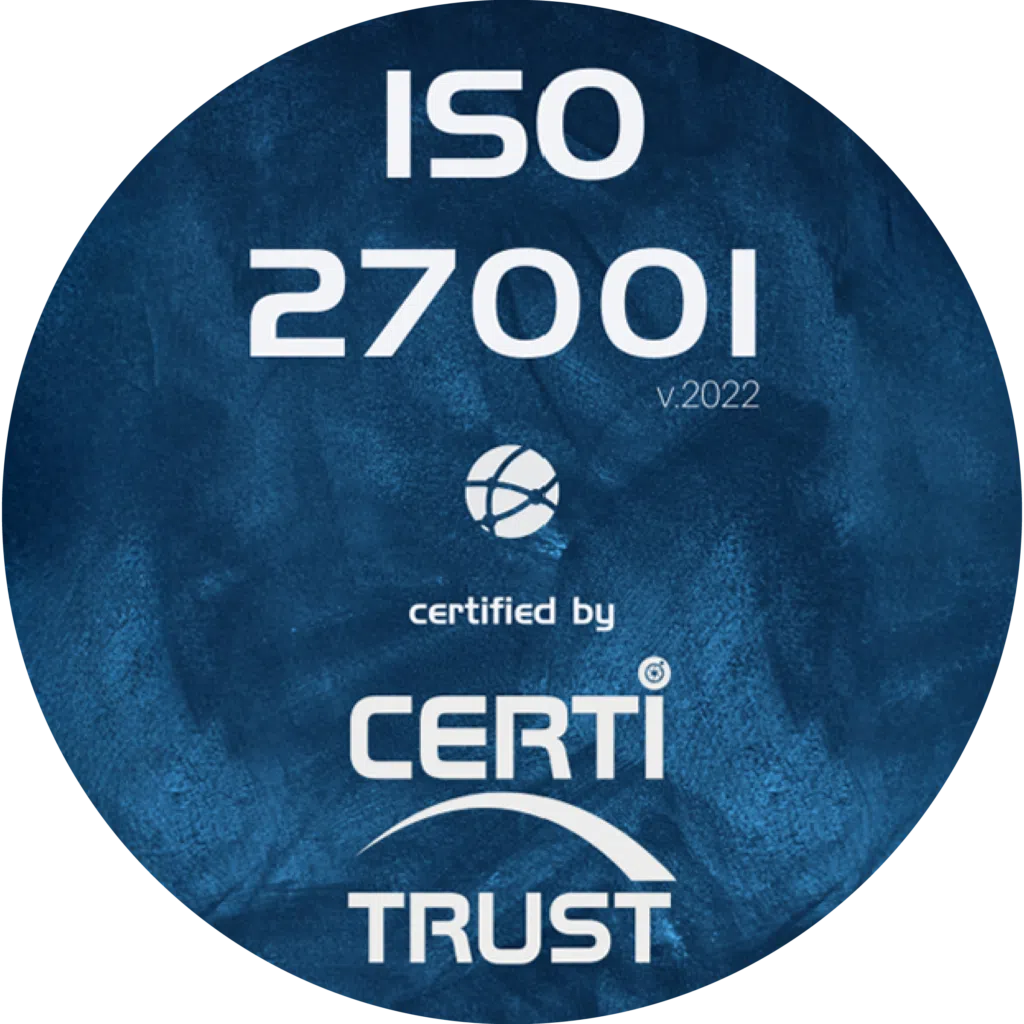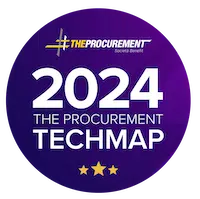Organisations with advanced purchasing capabilities understand that focusing on the price of the items and services they acquire has limits on the value they can deliver. These companies recognise that when suppliers are willing to collaborate, they can develop a range of methods to uncover new revenue streams. There are several reasons why it is essential to establish a positive relationship with your supplier. The main benefit is that it makes everyone’s day-to-day work more enjoyable.
However, every supplier is unique and it can be difficult to establish a relationship of trust with all of them. So how can your organisation develop and maintain strong links with its suppliers? There are many issues involved in supplier relationships, so it’s important to take an interest.
Obstacles to working with suppliers
Working with suppliers is difficult for a number of reasons. Projects can take a long time and require a lot of management work before they produce benefits. Companies therefore prefer simpler and faster activities, even if they are less lucrative. On the other hand, a good relationship with suppliers offers many advantages, but requires upstream work on the part of all stakeholders.
Collaboration requires a change of mentality on the part of suppliers. They may be used to more transactional, even combative, interactions. Most collaborative projects require intense, cross-functional cooperation from both parties. This is a significant change from the general way in which many companies operate. Moving from cost-based to value-based thinking requires a paradigm shift, which is often difficult to achieve. The true benefit of teamwork can sometimes be difficult to assess. This is particularly true when companies use the same suppliers for traditional procurement methods. It is also true when they improve product design and production techniques at the same time.
When managers want to develop their engagement with suppliers, they often say that they don’t have the necessary skills. They don’t have the infrastructure to develop effective supplier collaboration initiatives, nor the staff to manage them. To create outstanding collaboration with suppliers, it’s not enough to follow a system or framework. You need long-term commitment and buy-in from senior management.
What is supplier relationship management?
Supplier Relationship Management (SRM) is a management concept used by purchasing and supply chain professionals. The supply chain is becoming increasingly complex. There is a growing desire for clear and quantifiable means of evaluating each supplier. SRM helps determine how suppliers contribute to, or detract from, business results. SRM is an essential component of an overall supply chain management strategy. It aims to improve efficiency by adding value for all stakeholders. It identifies the suppliers essential to the organisation and serves as a basis for customer-supplier dialogue. Identifying links with suppliers that are aligned with the company’s objectives can lead to an increase in overall efficiency.
It takes time to develop a mutually beneficial partnership. Suppliers can fully understand your company’s specialist requirements if you communicate openly and effectively with them. This helps avoid delays in the supply chain. Purchasing management tools such as Weproc have these features. Adopting supplier management software allows you to track all suppliers, have direct visibility of all information and facilitate supplier relationships.


The benefits of supplier relationship management
The objective of SRM is toincrease the value and profitability of your business through supplier relationships. When done correctly, SRM can improve business efficiency. SRM can help you to :
- Mitigate risk
- Optimise performance;
- Reduce costs;
- Improve administrative efficiency;
- Reduce risk.
Good supplier relationship management facilitates the identification and mitigation of potential risks by increasing visibility. SRM enables companies to track suppliers and collect important data that can be easily audited. Performance monitoring data also alerts you to potential problems and identifies opportunities for improvement. Establishing a strategy using SRM therefore plays an important role in supplier relationship management.
Optimising performance
Supplier relationship managers can use SRM technology to monitor and measure supplier performance against contractual requirements. They can ensure that suppliers respond to your requests and meet the agreed terms. This will enable you to create ideal performance and choose the best supplier for your business requirements, such as professional services, transport and shipping capabilities.
Cost reduction
With greater visibility, you can uncover hidden costs and take steps to reduce them. Strong supplier relationships can also help you negotiate lower prices, shipping costs and volume criteria. Suppliers can work together to increase your profit margin by negotiating contract duration, payment terms, additional charges and other incentives. A management tool is therefore used to avoid tacit renewals of the various contracts and allow you to monitor the progress of the processes.
Greater administrative efficiency
Administrative activities can be made much more efficient with SRM software. A centralised online storage site makes it easy to keep digital records. It reduces administrative labour costs, errors, duplication of data and loss of information because everything is in one place.
Efficient reception
Sourcing new suppliers, evaluating products and negotiating contracts can be costly and time-consuming. An SRM makes it easy to gather essential data. This includes information about the supplier’s skills and competencies. Companies can significantly reduce the expense of establishing new partnerships with suppliers. They can also speed up integration and the associated procurement procedures. SRM identifies all existing suppliers who are capable of meeting the company’s current and future demands. This promotes cost stability and supply chain reliability.
How do you achieve an effective supplier partnership?
A more active and committed working relationship is essential to excel in working with suppliers. It also requires a change in mindset, which encourages suppliers to seek value in their collaborative partnerships over the long term.
Here are some steps any organisation can take to get its collaboration efforts on track:
- Start by identifying suppliers that offer unique joint opportunities to create and retain significant value.
- Align strategically with these partners to define common objectives and develop a compelling business case for both parties.
- Adopt a methodical and structured approach to defining the scope, pace and objectives of joint projects, including a clear methodology on how to measure value creation.
- Define simple and clear mechanisms for sharing common values, and align cross-functional team incentives accordingly.
- Invest in allocating appropriate resources and putting in place the necessary infrastructure to support the programme.
- Create a governance model that focuses on performance, monitoring implementation and integrating supplier collaboration into core business processes.
- Foster a culture of proactive communication, transparency, consistency and knowledge sharing to strengthen long-term partnerships.
- Invest in the development of world-class organisational capabilities to ensure sustainability over time.
Collaboration with suppliers is essential for any company seeking to improve the performance of its purchasing operations. These days, companies are increasingly pushing the boundaries of traditional purchasing methods. To go even further, they need a new approach based on close relationships and the collaborative search for new value.
Want to learn more about our Weproc procurement management software?
Contact us or request your 15-minute demo below!









